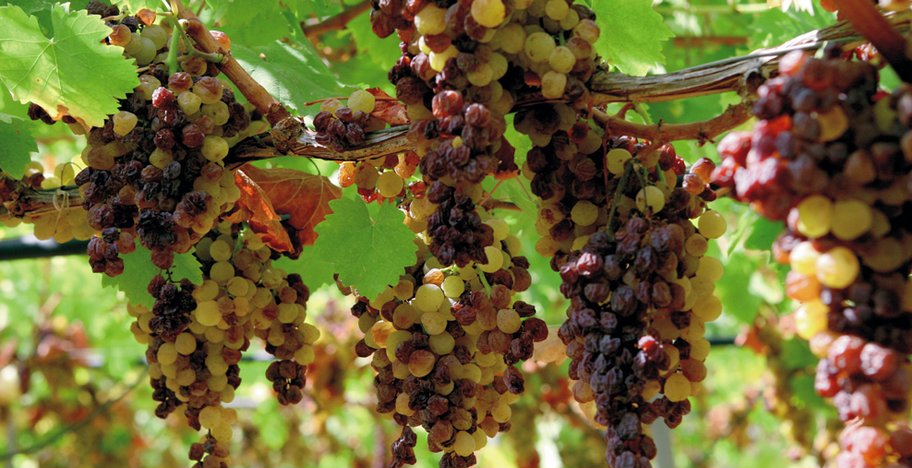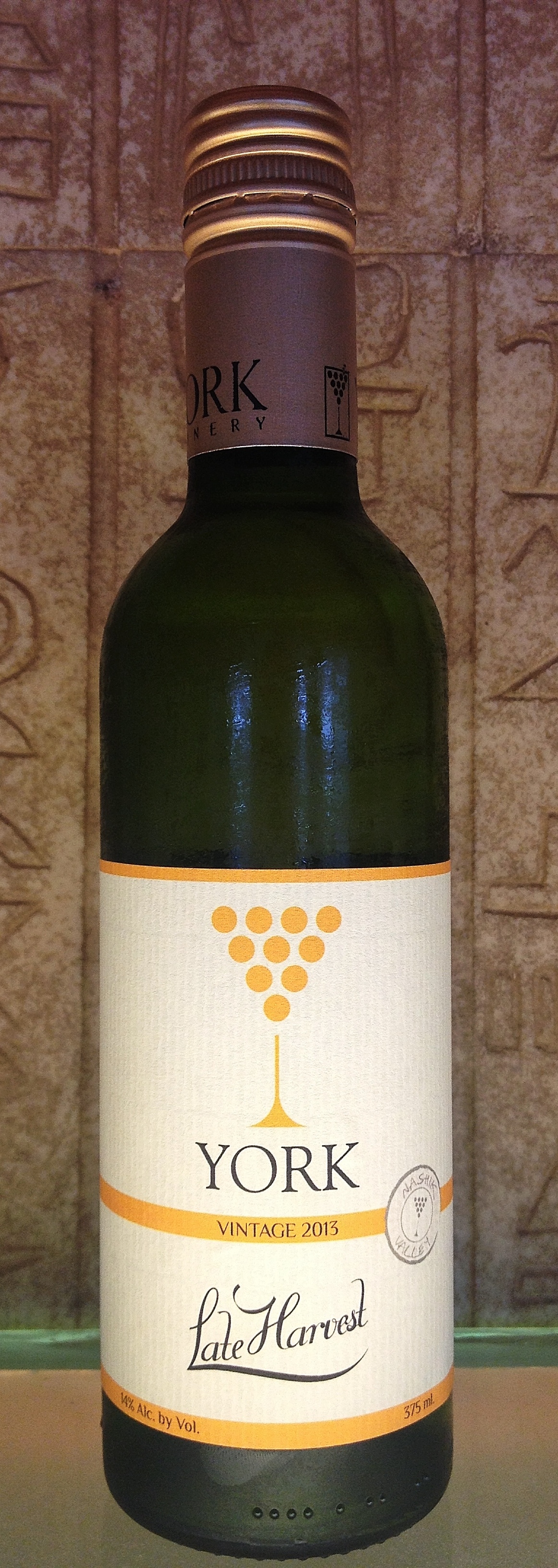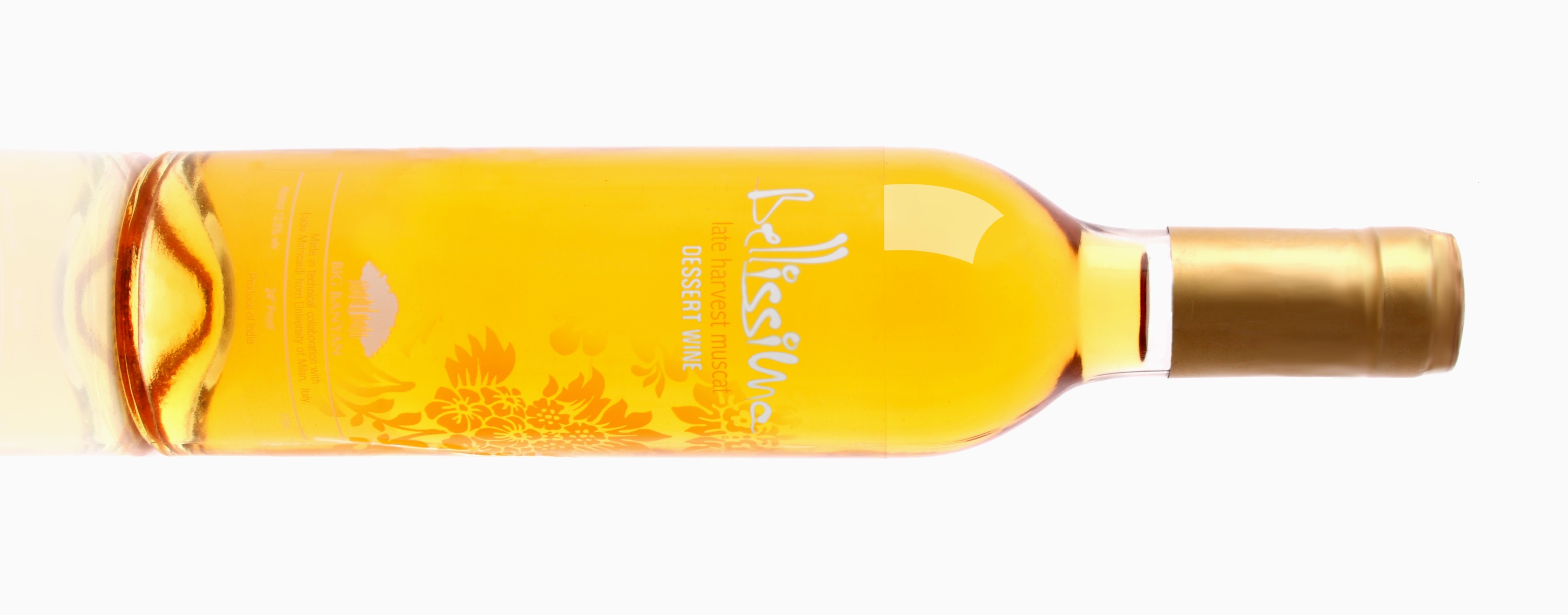For a little sweet something
Looking to buy an Indian dessert wine? This might help.
Most people may be inclined to think that it is easier to evaluate a dessert wine – to extract notes and nuances in something sweet –, but not too long ago I found out that the reality is quite the opposite. Yes, perhaps it is easy to tell a good dessert wine from a bad on the first sip, but a well made one has layers of complexity that can only be discovered when you take the factor of ‘sweetness or sugar’ out of the mix.
Sommelier Magandeep Singh puts it in perspective when he says, “Looking for sweetness in a dessert wine is like looking for wetness in water.” What he means is that in a sweet wine, the most important thing is not the sweetness; that is the most apparent thing. The most important factor to be searched for and evaluated in such wines is acidity. Sourness in a sweet wine is what gives it its sense of balance. Without apt crispness, the wine would appear sticky and syrupy.
Armed with this new perspective, I decided to chart myself a course: to taste the dessert wines of the world and I must say I have been rather fortunate so far. After working my way through some of the greatest dessert wines from around the world, I turned my attention to the local products. In the Indian market, the concept of dessert wines is even more nascent than the concept of wine. Worse still, sweet wines are seen by many as inferior to dry wines. But it doesn’t stop the sweet stuff from selling as is evident by the massive sales of inexpensive Indian-made port-style wines. We have yet to conceive the notion that a special wine could replace or accompany our desserts. Still, it is clear that Indian wineries are waking up to the potential of good dessert wines – beyond the cheap and sub-par fortified types – and are seeing the merit in creating sweet wines for the existing market, however limited.
Here is a list of the wines out there, more precisely, the ones that left an impression.
One of the first Indian dessert wines to have caught my fancy was Vallonné Vineyards’ Vin de Passerillage. While all other dessert wines in the country follow the late harvest method, Vallonne’s is made in the traditional style of drying the grapes on straw mats in order to concentrate the sugar. Shailendra Pai, owner of Vallonné Vineyards said, “This wine is made by a very laborious process to get concentrated and distinctively flavoured sweet wine. The grapes are harvested at a particular brix (unit to measure the sugar level in the berries) and the bunches are left to dry on wire hood rows. The floor is covered with a bed of straw and over a duration of 20 to 25 days these bunches gradually dry up and the grapes turn into raisins.”
The resultant wine carries a deep golden hue with prominent flavours of honey, vanilla, melons and apricot. Due to the high cost of making this wine, Vin de Passerillage is a limited release from Vallonné and is often hard to find on retail shelves for that reason. The wine is available for Rs 810 in an elegant 375ml bottle. Just 2,600 bottles are produced are make their way to Mumbai, Goa and Pune which explains why they are so rare on retail shelves.
Fratelli Wines
I recently tasted the as yet unbottled dessert wine at the Fratelli winery in Akluj. One taste and it took me back to my time in the Chianti region sipping on the famous dessert style, Vin Santo – a similar complexity with notes of nuttiness, peach and apricot and a nicely balanced acidity that cuts through the sweetness. It was fitting that winemaker Piero Masi’s dessert wine should evoke such memories for he hails from Tuscany, home of the Vin Santo.
Christened ‘Santo‘, it is a 100 per cent Chenin Blanc late harvest. The wine, which is slated to be launched soon uses grapes from the 2010 harvest which were left on the vines for an additional period of almost two months to attain the desired aromas and sugar levels. It has been aged in new French oak for 14 months which gives it a rich gold colour and complexity. The limited quantity of 1100 litres of Santo will be packaged in a unique 500ml bottle of Italian design priced at Rs 1200. It might seem slightly steep by Indian standards, but going by my initial tasting, it will be entirely worth the price.
York Wines has been making a Late Harvest for three vintages. The wine, made entirely out of Chenin Blanc grapes is among their best-selling and with good reason. “A lot of people come to the York tasting room asking for a sweet/late harvest wine without even trying anything else. This alone gives me the confidence that there is a huge market for this style of wines. Given our spicy cuisine and appetite for sweets, it is natural for Indians to have a preference for sweet wines over dry ones,” said Kailash Gurnani, owner-winemaker at York.
For York’s Late Harvest the grapes are left on the vines until they are over-ripe and shriveled. Gurnani explained that this sometimes requires opening up of the canopy (of the leaves) to allow greater sun exposure to facilitate better drying of berries, making allowances for sun burn, of course. Of the 2013 vintage, which will be in markets shortly, Gurnani says that it is fresher and more crisp than the previous years. Having made high-quality dessert wines abroad, Gurnani hopes to achieve a style that is more intense, complex and deeper in colour in the future. The 375ml bottles are available at Rs. 300.
Reveilo Wines
Reveilo’s Late Harvest Chenin Blanc was first launched in 2006. Since then the wine making process has remained the same even as the wine profile has swayed with the vintage variations. Yatin Patil, owner of Reveilo Wines, says that they’ve recently experimented by barrel-ageing a portion of the Late Harvest Chenin Blanc. So far he’s been happy with the result. The wine is not yet available in the market, but it is definitely one I look forward to trying soon. A 375ml bottle is priced at Rs 845.
Sula Vineyards
The first Indian sweet wine in the market was Sula’s Late Harvest Chenin Blanc in 2004. Ten vintages later, winemaker Ajoy Shaw says that little has changed in the winemaking process but experiments have continued throughout. Whether it was trials with Sauvignon Blanc grapes or drying ripe berries on straw mats, Shaw says the winery is constantly improving on itself. With close to 100,000 bottles of production (small by Sula’s standards), the Sula Late Harvest outdoes all others when it comes to the numbers and is priced at approximately Rs. 300 for 375ml.
The sweet wine is made of Chenin Blanc grapes, a fraction of which are fermented in second fill American oak barrels and blended with other tank fermented wine. The 2013 vintage will be bottled shortly and currently stands at around 100gms/ltr natural residual sugar.
Big Banyan Wines
The only Indian winery to produce wine from the famed Muscat grape, Big Banyan’s Bellissima, is an elegant wine with medium-complexity and a balanced lasting finish. The grapes are sourced through contract farmers who grow them in the Nasik Valley. Among the finest in the market, it is deep yellow with rich notes of ripe apricot and peach, and more subtle floral notes. They managed a good balance of sweetness and acidity, a wine that shows all the traits of a true late harvest without feeling cloying or fatty. In 2013, Big Banyan is looking at producing between 1,000-1,500 cases of Bellissima, which is currently in the process of being bottled. The wine is not available in Mumbai, but retails at Rs 400 for 375ml in Karnataka.
This article was published in the September 2013 issue of Spiritz magazine. Click the link for the PDF Sweet wines of India



